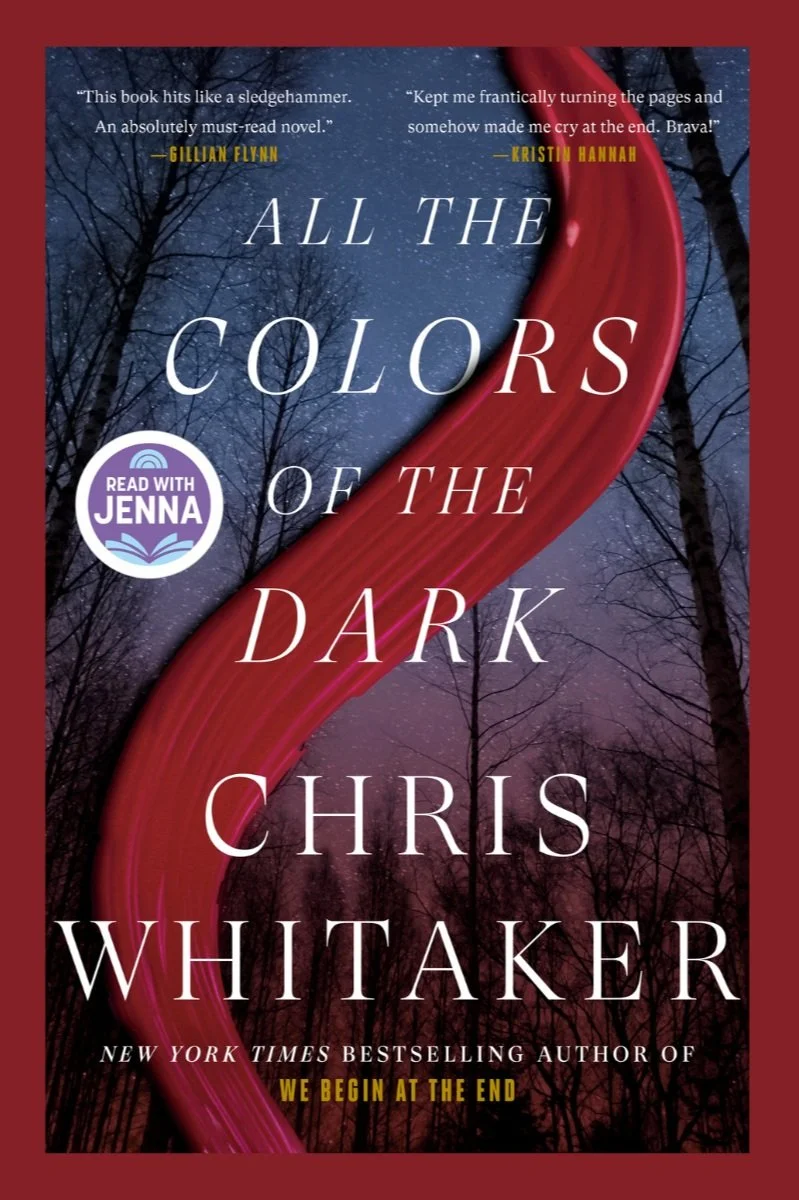The Overstory – Richard Powers
Expectation: A powerful story about the human/nature connection and how an ever-accelerating eco-calamity will destroy us all.
Reality: Bloated and boring, there was far too much happening and very little of it was interesting. I’m struggling to see how this won the Pulitzer Prize.
My Take:
On the surface, Richard Powers’ “The Overstory” is exactly the kind of novel I like: epic scope, interwoven stories and a central theme tied to a bigger purpose. It had the makings of a modern classic (and it has been lauded as such), but I was frequently confused and frustrated by the pretentiousness of it all.
While the title is a homage to the uppermost layer of multiple trees, it also aptly defines the authors’ narrative approach — crowded. With nine main characters we track across decades, there was a lot happening in a book that was surprisingly dull.
Here are my primary gripes:
There’s little-to-no continuity to the first third of the novel. Every chapter served as an introduction to our characters and it was like starting a new novel each time. Just when you get invested in their story, Powers shifts the POV, and we sometimes don’t meet these people again for hundreds of pages.
It tried too hard to be an ecological call-to-arms. There are interesting ideas — communicating trees, plants rights and “unsuicide” — but the execution of these ideas was so heavy-handed, fragmented and esoteric I had a difficult time taking it seriously.
Too many plots. Outside of the eco-terrorism subplot that consumes five characters, there were too many outliers and narrative loose ends. I love it when an author intersects major and minor characters in a meaningful way (hello, Emily St. John Mandel), but Powers’ attempts were lazy and insincere.
What was the point? Can someone tell me, because after 15 hours of listening I’m still not clear. Was it to challenge us to be more eco-friendly by making trees more human? Was it to point out that eco-terrorism is basically pointless because industry always wins? Or was it all merely an exercise to stroke Powers’ ego?
You may be asking, why did I continue to invest time in a story that clearly wasn’t clicking with me. Part of it was FOMO — trying to understand why this is so popular and celebrated — and part of it was that I kept hoping Powers would recapture the magic of the first few chapters.
Those early pages, primarily focused on the Hull and Ma families and Douglas and Patricia, were powerful because of the simplicity. Powers delivers each of these people a terrible gut punch (or several) and it was the only time he showcased nuanced and intimate storytelling.
Nothing else in “The Overstory” elicited the same interest and connection than the introduction to these people. Some of their arcs were engaging, sure, but the characters each became less interesting once they got involved in eco-advocacy (Patricia being the exception).
Of the other POVs, Olivia and Adam, had their moments but Neelay and married couple Ray and Dorothy could’ve been cut from the text, and the story wouldn’t have suffered.
Whether because of the text or the performance, I found the audiobook narration by Suzanne Toren to be a little one-note. Outside of Patricia and Winston Ma, there was little effort for differentiation between characters, and it sometimes felt like she was getting lost in the action.
I’m glad to have read this only as a talking point with others who suffered the same fate. I’d love to have a discussion with someone that enjoyed this to see if they can change my mind about its shortcomings.
Rating (story): 3/5 stars
Rating (narration): 3/5 stars
Format: Audiobook (personal library)
Dates read: April 4 – April 16, 2024
Multi-tasking: Not recommended. The narrative jumps and unclear timeline make this difficult to follow. Audio may not be the way to go with this one.





